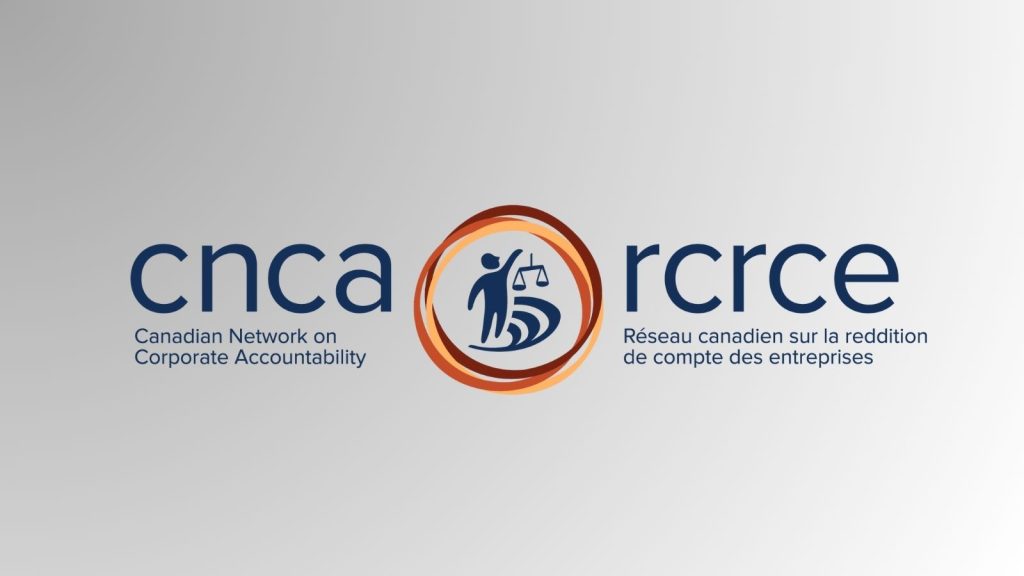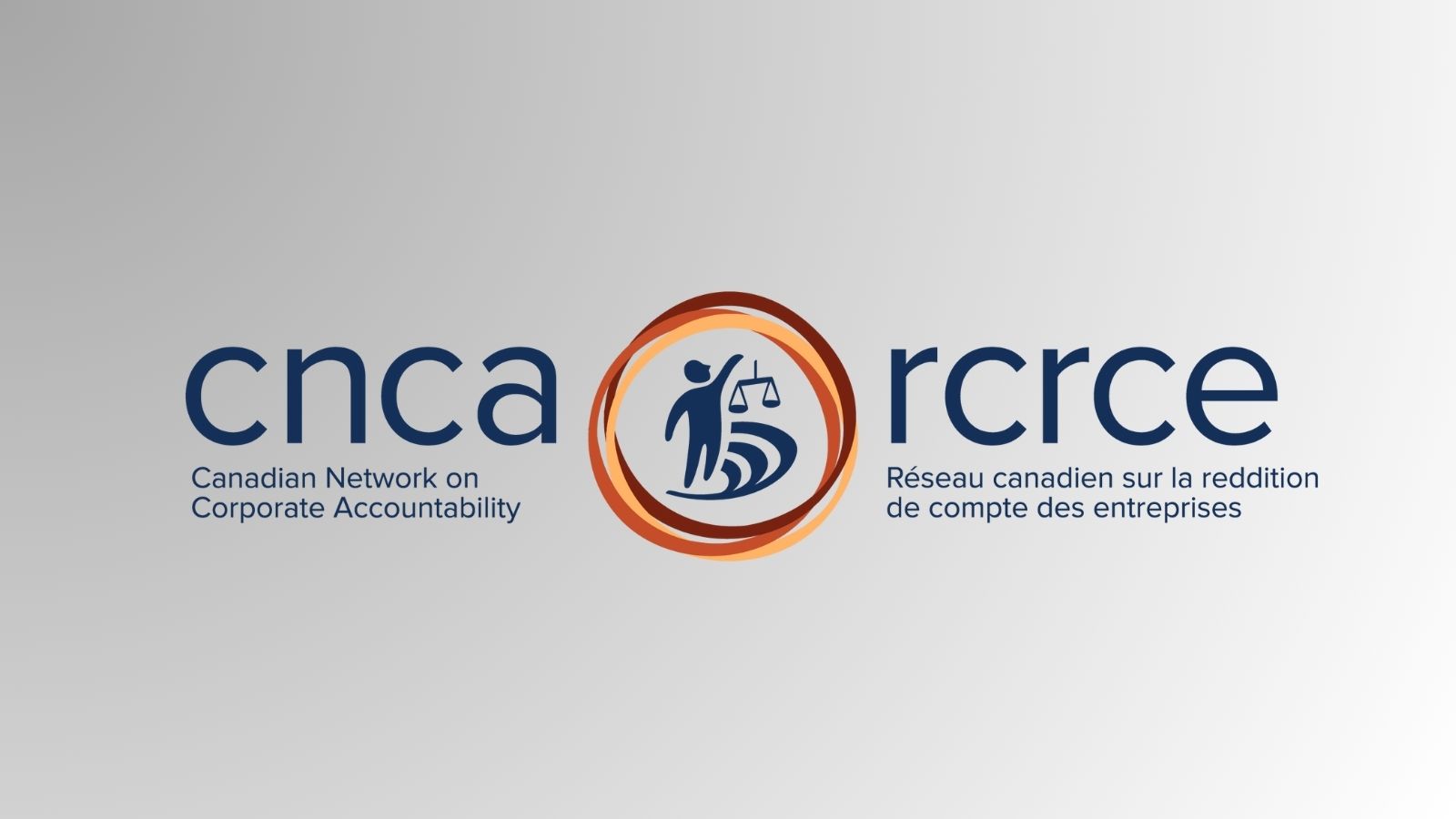The writ has dropped, parliament has dissolved, and Canada still does not have an independent ombudsperson with the power to compel the documents and testimony needed to effectively investigate allegations of human rights abuse linked to Canadian companies’ global operations.
The Canadian Ombudsperson for Responsible Enterprise (CORE) can’t be transformed into an independent office, nor given the investigatory powers it needs, without a new order in council (OIC) under the Inquiries Act, or the passing of a new law. Neither of which can occur during an electoral period.
Impacted communities and workers are therefore left waiting to see if the next government will fulfill the long-awaited promise that an effective office will be created to address the abuses they have suffered.
Just a few days before the election period officially began some minor changes to the CORE’s order in council were made:
- A widely criticized clause in the CORE’s initial OIC: section 4 (d), which allowed companies to bring complaints against human rights defenders, impacted communities and non-governmental organizations, was removed.
- The updated OIC expands the previously very narrow definition of which companies the CORE could review (by removing some of the language limiting which companies will be considered to be “controlled” by a Canadian company). The new language is vague, so it is not yet clear which companies will be included. What is clear is that those companies that may have significant links to Canada (such as those listed on Canadian stock exchanges and those that are financed by Export Development Canada), but that are not formed or incorporated here, are still excluded from the CORE’s purview.
- The Government of Canada committed to giving the CORE a mandate to make broad recommendations, including making recommendations to government on corporate accountability policy and law reform. The revised OIC outlines a narrower mandate.
- Limits on recommendations for remedy? In the previous iteration, it was clear (with the inclusion of the words “but not limited to”) that the list of possible recommendations that the CORE could make was not an exhaustive list. Unfortunately, those words no longer appear in the updated version, and as a result the CORE’s discretion to make recommendations for remedy beyond those explicitly listed is now in question.
- Limits on scope of recommendations to government? A new clause has been added to the OIC enabling the CORE to make recommendations to the minister related to government services that are provided to companies. This falls short of what was promised: a mandate to issue recommendations to government on broader policy and law reform measures that are needed to uphold Canada’s international human rights obligations with respect to overseas corporate conduct.
None of these changes do anything to address the fact that the CORE is not independent. The CORE and her current and future staff have been appointed as public servants, reporting to the Minister of International Trade Diversification.
These changes do nothing to address the fact that the CORE does not have the mandate or powers to carry out what is supposed to be its central function: independent investigation. They do nothing to fulfill the promises made by the government of Canada.
Civil society and impacted communities around the world continue to wait for Canada to implement effective corporate accountability mechanisms to ensure companies respect human rights throughout their global operations and that impacted peoples have access to remedy in Canada. We will not be waiting silently.





